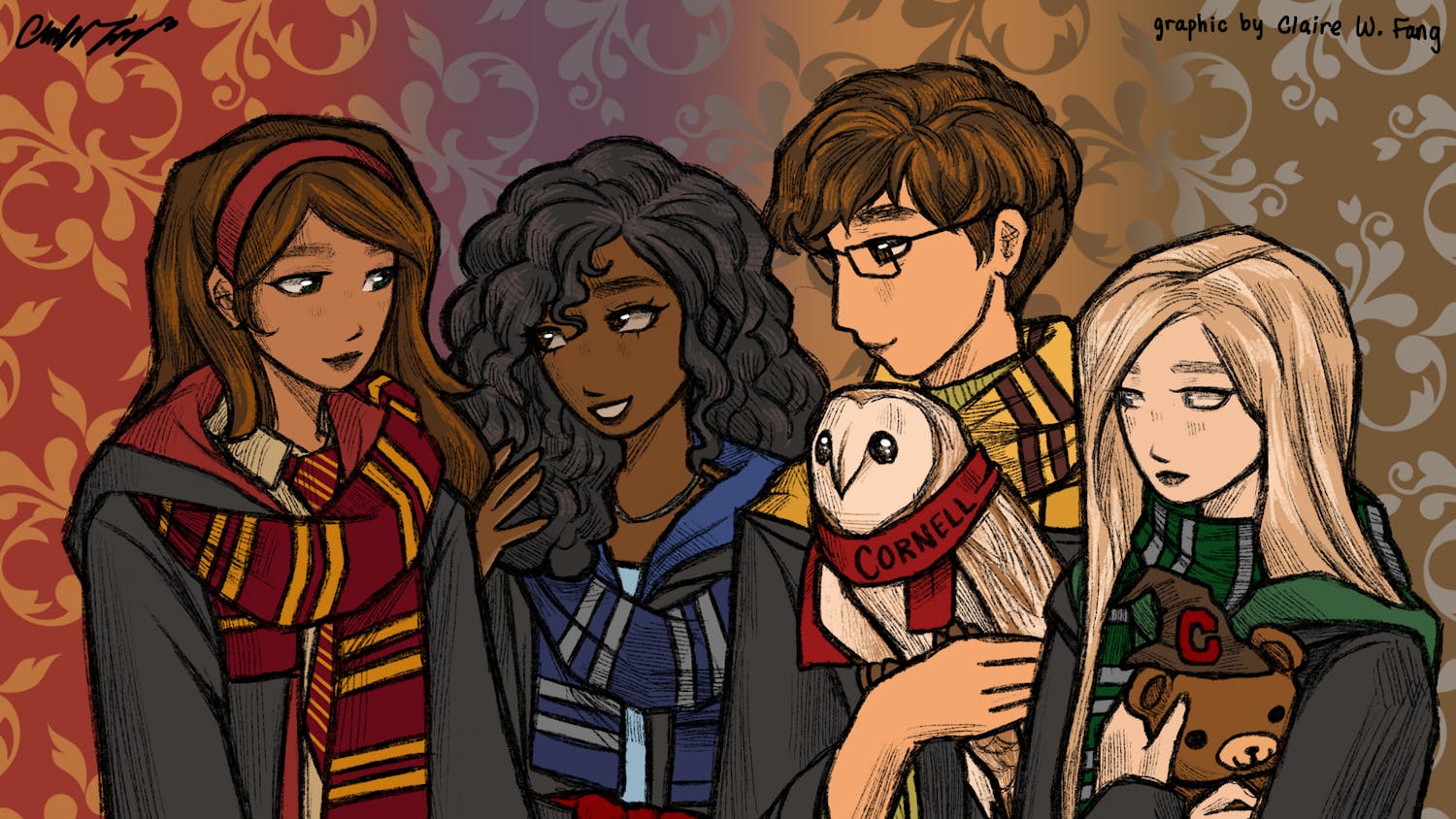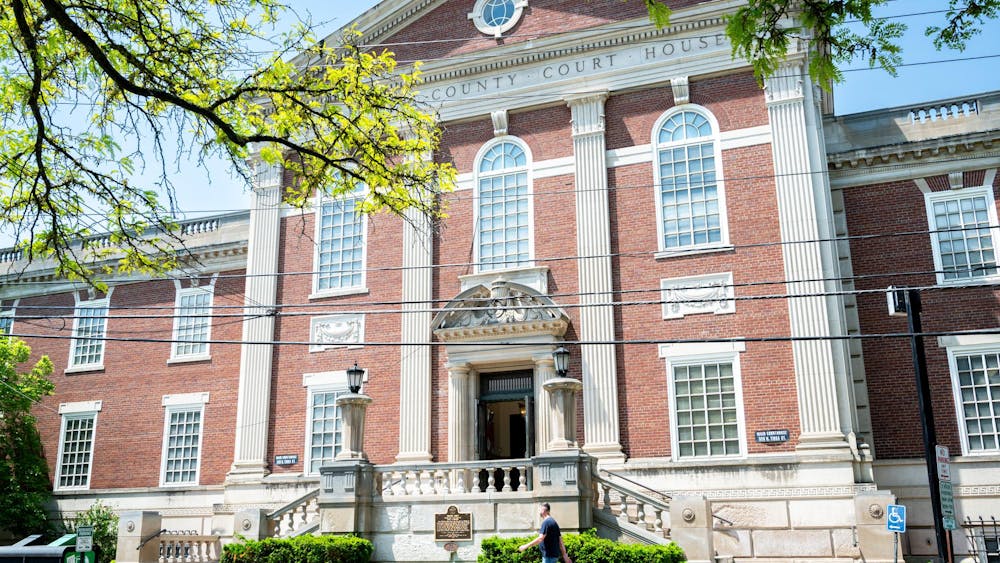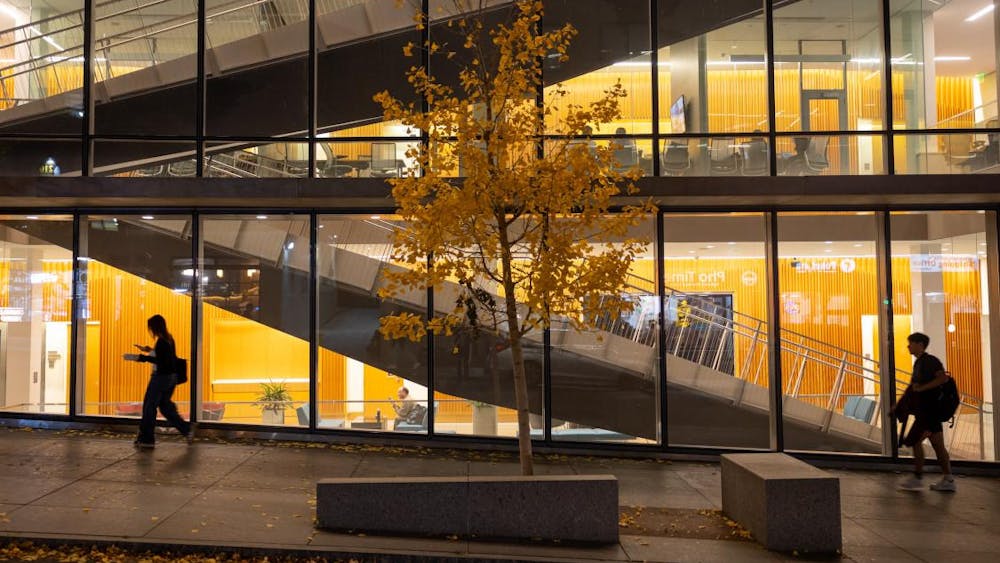Last semester, Black Students United wrote a statement sharing our unwavering solidarity with Momodou Taal in the events that led to the Cornell administration’s decision to suspend him — a decision that endangered his visa and livelihood. That semester, we fought long and hard alongside our Palestinian, Jewish and broader community members to oppose this decision. We all recognized the importance of standing up not just as students but as individuals at Cornell University who hold the privilege — and the responsibility — to speak up when many others are denied a platform to.
It is undeniable that under the Trump administration, America officially exists in a new era. We operate under an administration more frightening and aggressive than ever before — one that has openly shown minority students that we do not belong. One that has shown us we do not have a voice. One that has shown us that we are not worthy of its protection. The precariousness of our position as Black students at this institution has never been more terrifying.
There has been a chilling effect on the nation, one marked by fear. We have seen the forcible silence of dissent, the shutdown of programs created to uplift marginalized groups and the threatening and deportation of protestors. With this happening as Taal was being persecuted, we felt muzzled and beaten down — a return to a familiar condition of Black America, one rooted in the forced suppression of Black voices and ideals. We spoke privately about our discontent, but in fear of making the “white man” mad, we were intimidated into broader silence.
Many of our internal debates centered not on whether the Trump administration was wrong — that part was obvious — but on how we would survive our own fear. The first step was unlearning the defeatist mindset that if we spoke up, we would be next. But that fear is the very aim of this administration’s actions: to suppress free speech and open expression of anyone, especially educated minorities, that dissents.
The Kotlikoff administration’s behavior mirrors, albeit on a smaller scale, the playbook of the Trump administration — using threats and terror to induce silence. The Kotlikoff administration has threatened suspension of student organizations, arrested protestors and failed to protect our own from the Trump administration’s illegal actions. The use of these exact strategies has sent a clear message that has reverberated through the entire student body: stay quiet, don’t fight back, don’t protest in order to keep your funding, your organizations, or even your place at this University. That fear mongering works — unless we stand up to it.
This is what Taal has seen from the very beginning. That’s why he fought. Being on your “best” behavior will not save you. Appeasement will not save you. Capitulation will not save you — and more importantly it will never win you justice. Regardless of the intention, the Kotlikoff administration has fallen victim to the same intimidation tactics that we had.
By asserting that Cornell will always “follow the law” and refusing to publicly denounce federal pressure, Cornell has positioned itself to comply with the Trump administration. And yet, the University has still had to face the loss of over $1 billion in funding, the second-highest funding cut an American university has seen so far.
We affirm, again, our unequivocal solidarity with Momodou Taal: a Ph.D. candidate in Africana Studies, an esteemed scholar and fearless advocate for justice. The recent targeting he faced from Immigration and Customs Enforcement that ultimately led to his decision to depart the US is not only deeply shameful, but also emblematic of a broader systemic pattern. A pattern of silencing those who speak truth to power — especially individuals of color who defend Palestinian liberation.
Momodou’s commitment to affirming the humanity of the Palestinian people belongs to a long-standing tradition of Black solidarity with international struggles — rooted in the shared fight against colonial violence, state repression and imperial injustice. His legal challenge to the Trump administration was a courageous act of resistance — one rooted in hope, dignity and the pursuit of justice not just for himself, but for all who have found themselves caught in the crosshairs of state-sanctioned injustice.
The revocation of Momodou Taal’s visa and the threat of ICE detention were blatant attempts to suppress dissent and dismantle the intellectual and moral leadership of individuals who dare to confront global oppression. We strongly condemn these actions and the systemic forces that made them possible.
Momodou’s absence is a profound loss to the Cornell community. His scholarship, leadership and commitment to political education through his podcast, The Malcolm Effect, enriched our campus and challenged us to think more critically about the world we live in.
As Black Students United, we echo his call for justice and we reaffirm our commitment to protecting the rights of scholars, students and organizers who dare to resist. We will not be silent in the face of injustice. We will continue to stand behind those who are targeted for doing what is right.
And to the Cornell administration: stand up and do what is right. Stand for academic freedom. Stand for the safety of your students — especially your international students, who now face increasing danger. Acquiescing to the demands of an unreasonable government has proven to be futile. Cornell must use its leverage as a world-class university and work with like-minded institutions to push back against the broader attack being made on the most sacred values of higher education.
In solidarity,
Black Students United at Cornell University
BSU is a student organization dedicated to promoting Pan-African unity by addressing political, organizational, institutional, social and educational needs on campus. They can be reached at bsu.cornell@gmail.com











